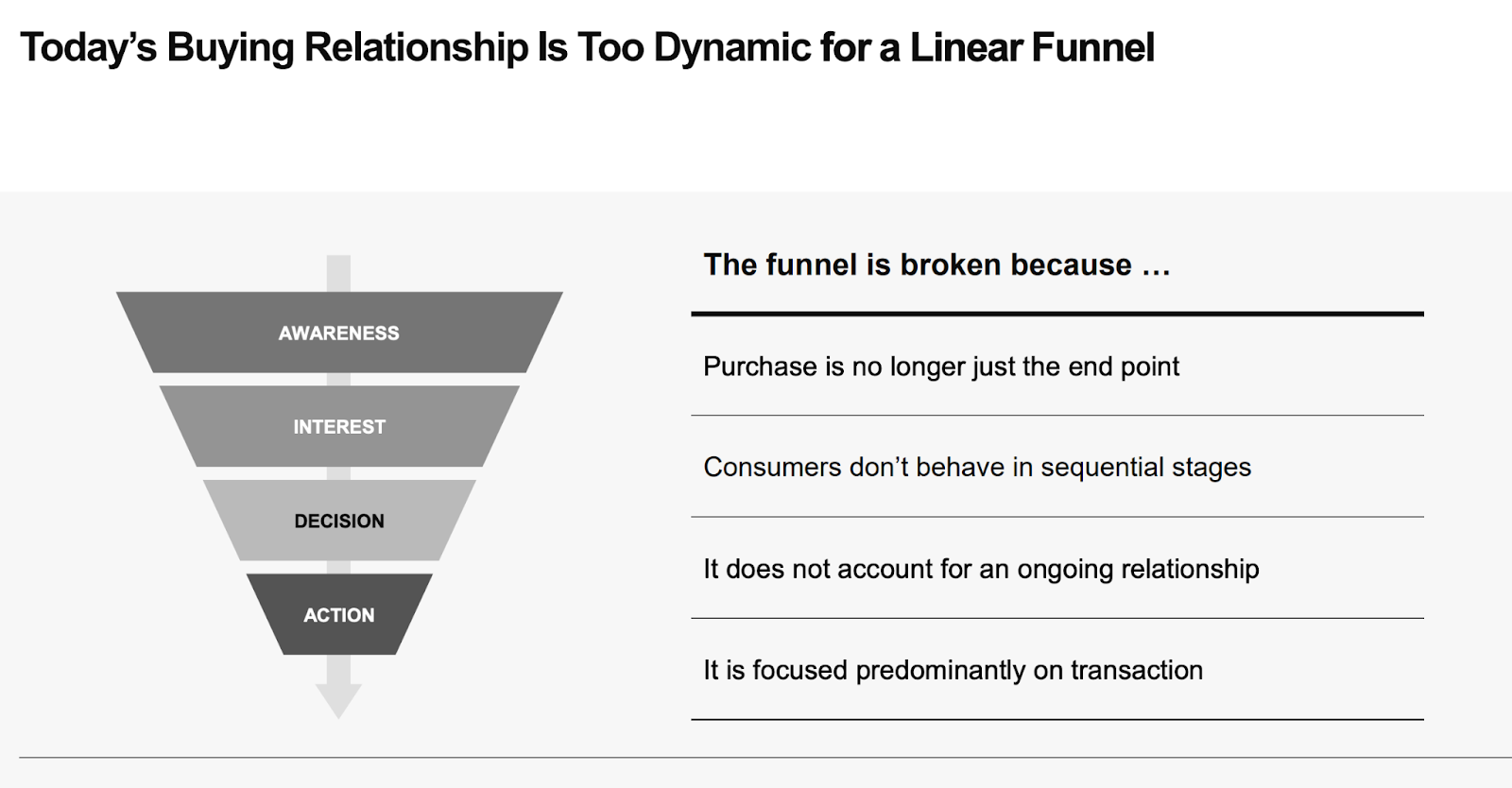
This article kept me up at night.
It speaks so clearly to the shifting dynamics of brand <> consumer relationships today. Seth Godin might even call it a "paradigm flip."
The age of the doorbell salesman? Over.
The age of the high-budget commercial? Over.
The age of the influencer? ...Over?
While boomers loved a glamourous sales pitch, millennials loved a strong product and brand narrative, Gen Z obsess over companies that feel like something their friend could have invented last night. Today's consumers crave heart and authenticity. We're seeing paid influencers replaced with genuine customer testimonials; software popping up that cleverly incentivizes word-of-mouth marketing and friend referrals; and rising expectations for brands to develop true relationships with their fans.
When the researchers behind the Edelman article interviewed Gen Z e-commerce experts they explained, "We want to be educated, entertained, and seen by brands, not just continually sold to. [Show up] in a way that continually adds value...don't ghost me after you've gotten my swiped card." This generation has an exponential desire for high-touch brand engagement; according to the study, 79% of consumers consume brand content, participate in brand activities, connect with brands on social media, and share feedback.

On top of how Gen Z wants to be in constant communication, it's important to consider what they want to hear. 64% of Gen Z say brands should make it easier for them to understand and research (Gen Z are sleuths 🕵️ ) their values. 62% believe that if brands aren't actively communicating their values, they are doing nothing or hiding something. 79% of Gen Z need deep brand trust* to feel comfortable purchasing and 7 in 10 Gen Zers fact-check everything they see online. Capable and empowered with increasing purchasing power, this generation will put an end to brands' feeble attempts at greenwashing.
The values brands communicate play heavily into the purchase calculus: 64% of consumers say they are increasingly concerned about a brand's health impact and 55% about the environmental impact. To move into the next decade, companies need to integrate advocacy elements into their core operations to continue to win business when competitors are plentiful and switching costs low.

Image Source: Edelman Consumer Insight Report; 2023 Trust Barometer; The End of the Purchase Funnel
Finally, we see a significant weight shift from the typical slow-burn pre-purchase relationship development (a.k.a. the ubiquitous funnel) to post-purchase discovery. Fifty percent of consumers admit to doing brand research after they buy a product and 78% of consumers say that they uncover attractive things that make them loyal to a brand after the original purchase.
The changing status quo might feel overwhelming, but it's good news for rediem customers who want to enable meaningful, values-aligned touchpoints that develop brand trust while also driving repeat business. With our software, brands can signal their values by incentivizing and verifying desired personal, social, and environmental behaviours - be it recycling packaging, signing a petition, connecting with the community at an event, or snapping a selfie on product review.

